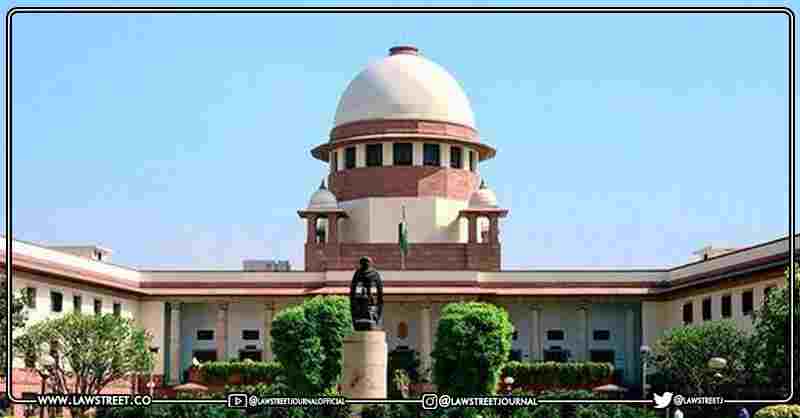Mr Arvind Datar, Senior Counsel, for the petitioners
- "The Constitution was amended by the Constitution (One Hundred and Third Amendment) Act 2019 on 14 January 2019 to provide 10 percent reservation for the EWS of the unreserved category. The OM laid down the criteria for determining the EWS category within three days of introducing the amendment. The Union Government did not undertake any study before notifying the criteria on 17 January 2019. It evident from the report submitted by the Pandey committee that no exercise was undertaken before notifying the criteria in 2019".
- "The report of the Pandey committee only justifies the criteria but does not submit the exercise that was undertaken for arriving at the criteria".
- 'The prescription of the Rs 8 lakhs income limit would amount to treating unequal's equally. For example, the per capita income of States differs. Goa has a per capita income of Rs 4 lakhs, while Bihar has a per capita income of Rs 40,000. The Minister of State of the Ministry of Statistics and Programme implementation, while answering a Parliamentary question acknowledged the disparity in per capita income among States and the rural and urban populations. The 8 lakhs income criteria is higher than the per capital income of any of the States".
- "The common income limit of Rs 8 lakhs does not include factors such as income volatility, size of family, and high cost of living in certain locations".
- "The report(Pandey Committee) acknowledges the absence of reliable data".
- "The explanation to Article 15 states that for the purposes of Article 15 and Article 16, 'economically weaker sections' shall be notified by the State from time to time on the basis of family income and other indicators of economic disadvantage. Both the Union and the State Governments have the power to determine the EWS. However, the Pandey committee did not even consult the States before arriving at the criteria. The Kerala Government constituted a commission for determining the criteria for identifying the EWS. The Commission chaired by Mr K Sasidharan Nair submitted its report on 29 November 2019 recommending that Rs 4 lakhs gross family income must be used to identify the EWS category in Kerala".
Mr Anand Grover, senior counsel for intervenors
- "The explanation to Article 15 states that EWS must be determined on the basis of 'family income and other indicators of economic disadvantage'. Therefore, the criteria used for the identification of the class must encompass both the income and other indicators. However, the criteria devised does not use any other indicator for economic disadvantage".
- "The daily minimum wage in India is Rs 176 per day, which is not even half of what is recommended by the Parliamentary Committee. Around 76 percent of India's population does not receive a minimum wage. Therefore, the criteria only identifies the creamy layer and not the 'poorest of the poor".
- "The Pandey committee report states that 'despite the fact that the bulk of the qualifying candidates are below Rs 5 lakhs, a somewhat higher threshold is needed which ensures that deserving beneficiaries affected by various factors such as income volatility, size of family, high cost of living in certain locations are not excluded.' No other justification is given to not prescribe Rs. 5 lakhs as the income limit".
For the Union of India, the Solicitor General, Mr Tushar Mehta, and the Additional Solicitor General, Mr KM Natraj
- "The reservation for EWS was introduced on broader considerations of equality of opportunity and concerns of social justice. Around 550 EWS students for MBBS and 1000 EWS students for PG medical courses would benefit each year; from this reservation".
- "If a lower income limit for identifying EWS is adopted, it will be underinclusive. For being eligible for EWS reservation, the beneficiary household income has to be less than Rs 8 lakhs in the preceding financial year. Merely one year of windfall income earned by a household can push them out of the EWS category".
- "It is important to note that the state is not identifying the poor but rather those belonging to the economically weaker category. Such people may be above the poverty line".
- "It is always possible to come up with an alternative criteria. However, the judiciary is only required to assess whether the Government took into account only relevant considerations, showed application of mind and did not adopt an absurd view that no person with common sense would arrive at".
- "It will be difficult to adopt different income limits for urban and rural areas because of internal migration and it would lead to implementation issues. A uniform criteria can be used to provide reservation".
- "It will be discriminatory if EWS reservation is not implemented in medical and dental colleges, when it is being implemented in other educational institutions".









